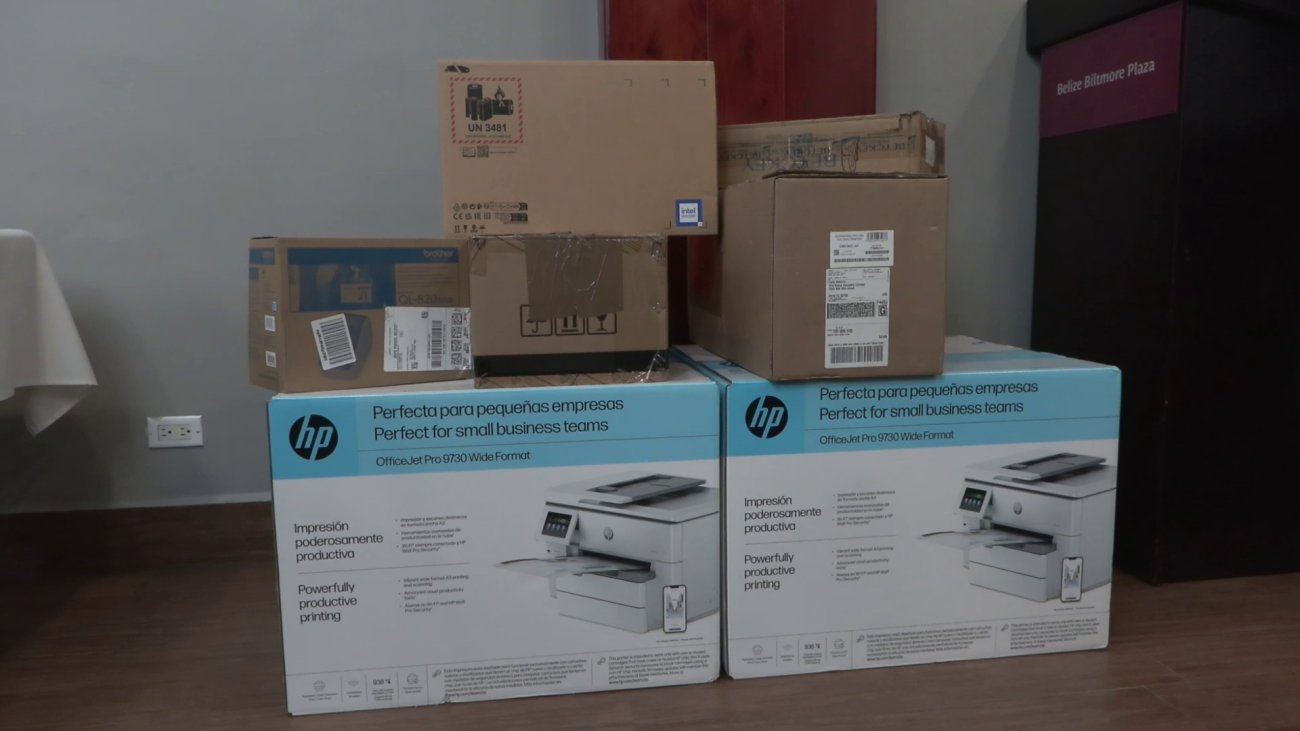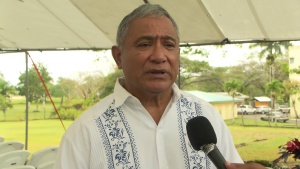The US Government’s Role in Preventing the Spread of Small Arms
The US government is playing a pivotal role in managing small arms and light weapons to enhance regional stability in Belize and the wider Caribbean. Collaborating with CARICOM IMPACS and the Mines Advisory Group (MAG), the US is providing crucial support to control the spread of illicit firearms, which fuel violence and crime. Through initiatives like the Conventional Weapons Destruction (CWD) program, the US is helping to secure weapon stockpiles, train local authorities, and destroy excess arms. These efforts are vital for reducing armed violence and promoting safety across Belize and the Caribbean.

David Hodge
David Hodge, Charge d’Affairs, US Embassy
“The proliferation of small arms and ammunition undermines regional stability, fuels organized crime and drives illegal immigration, challenges that directly impact the safety of both Belizeans and Americans. In tackling these issues we are advancing our own national security and, as Secretary Rubio has noted, the security of our shared hemisphere. The United States is committed to addressing these challenges head-on, providing the Belize Firearms Licensing Board with this digital firearms registry system is a crucial step in this fight.”

Callixtus Joseph
Callixtus Joseph, Assistant Director, Policy, Strategy & Innovation
“Today marks a significant milestone in Belize’s ongoing journey to modernize and digitize its firearms governance architecture and strengthen its firearms registration and licensing system. On January second of this year, the Firearms and Ammunition Control Board of Belize formally requested CARICOM Impact’s support to address critical gaps in Belize’s firearms control architecture. In response, our team at CARICOM Impacts, in collaboration with the Mines Advisory Group, and with the general support of the United States government rapidly mobilized technical, operational, and strategic resources. Within days, consultations were held and by March, a comprehensive support package was mobilized and today, just over three months later, we have transitioned from request to delivery.”







Facebook Comments